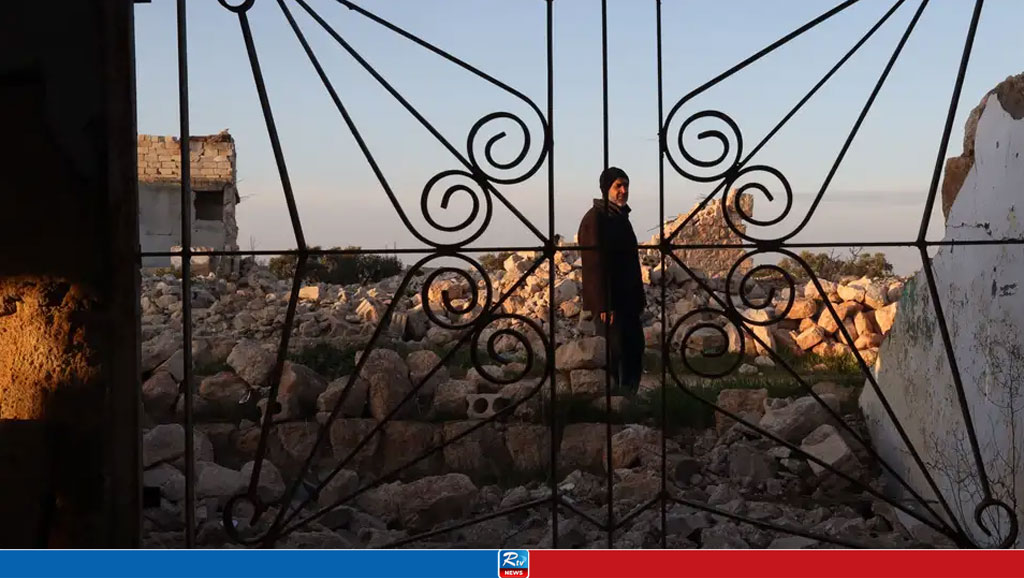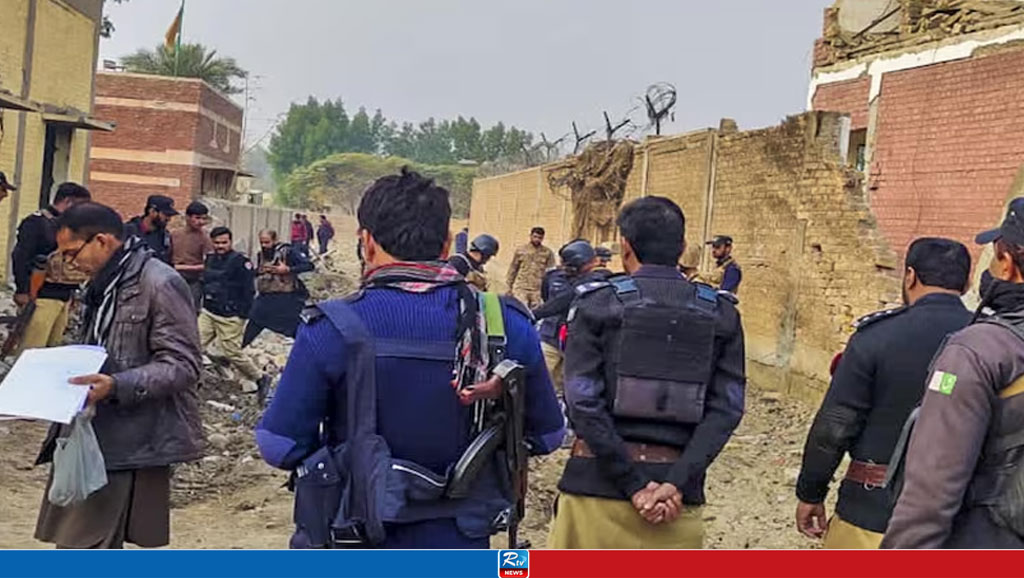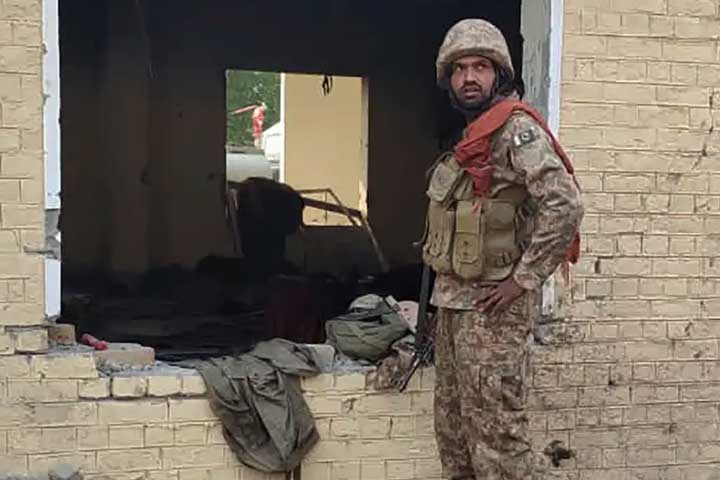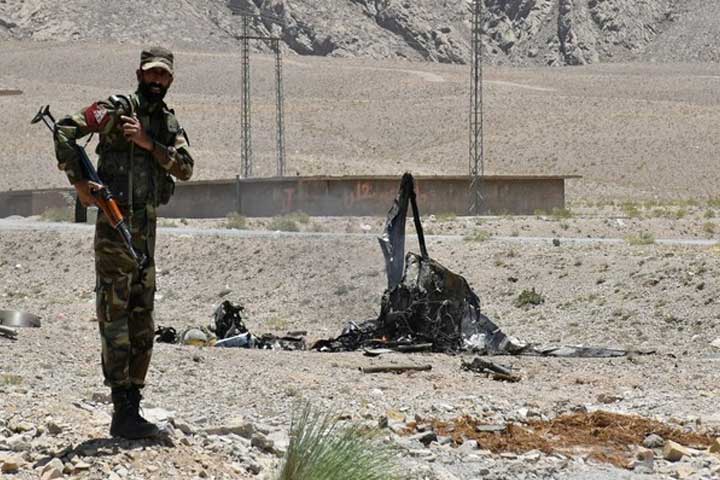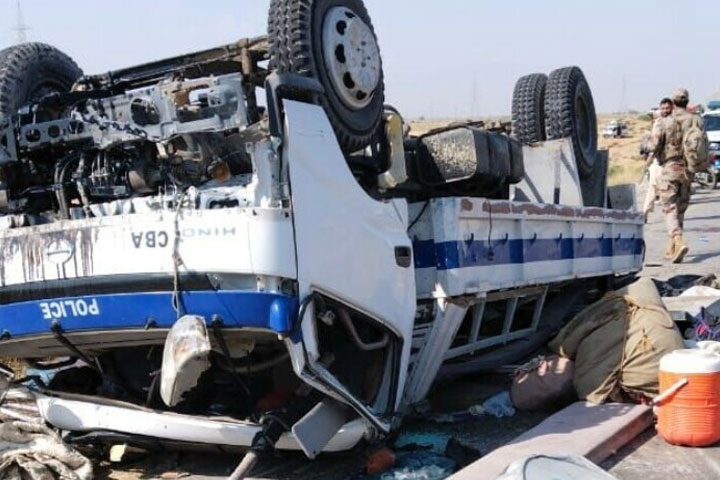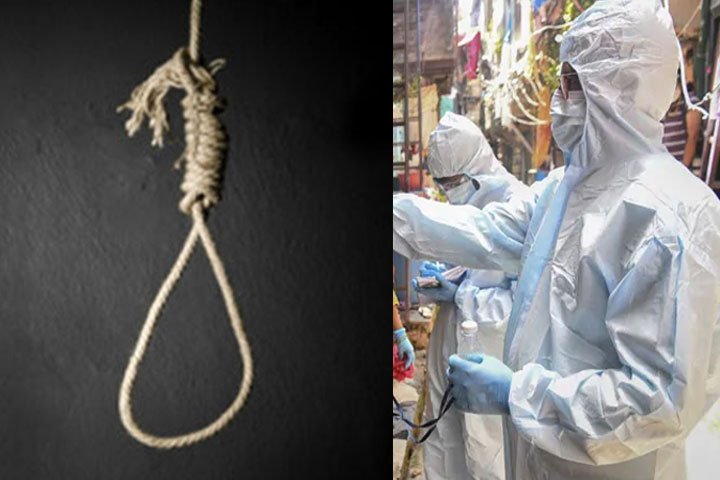Syria: Suicide drones increasingly targeting civilians
Violence is still raging 13 years after the outbreak of Syria's civil war. Now government forces have ramped up armed drone attacks on farmers in rebel-held areas — threatening lives, food supply and any sense of hope.
The buzzing came out of nowhere, said Mohammad Zakaria Junaidi.
"I was about to get lunch for my wife and kids when an armed drone started chasing my motorbike," Junaidi, a farmer in Syria's northwest, told DW.
"I thought that me and my two sons — who were with me on the motorbike — were about to die," the 33-year-old father said as he recalled the situation from late February.
"There is no place to hide on the street that connects the village and the fields," he told DW.
However, in an attempt to escape, he sped up the motorbike and entered a dirt road.
"The drone lost us for a few seconds but once it located us again, it exploded," he said.
Junaidi and both children were injured by shrapnel.
'Systematic targeting of civilians'
Syria has been battered by a civil war that started in March 2011, exactly 13 years ago.
At the time, Syrian President Bashar Assad put down anti-government protests with a brutal crackdown.
Since then, between 500,000 and 650,000 people have been killed according to different estimates.
The country has also been divided into areas controlled by the Syrian government with Russian and Iranian backing; and those under the control of opposition groups and militias backed by Turkey, the United States and others.
Mohammad Zakaria Junaidi's fields are located in Al-Nayrab, east of Idlib, the last major stronghold of the oppositional Syrian National Army and the powerful Hayat Tahrir al-Sham militia, or HTS.
"In northwestern Syria, government forces use drones for tactical advantage in order to target the HTS," Nanar Hawach, senior analyst for Syria at the International Crisis Group, an independent organization working to prevent wars, told DW.
These non-military grade drones are able to carry up to two kilos of explosives, and are a cheap and accessible tool to precisely target smaller groups, vehicles and supply routes. Some are being produced in Syria, Hawach added.
However, an increasing number of civilians have been affected in the past months. "The Syrian regime and its Russian and Iranian backers are ramping up their use of suicide drones in areas that are key to agriculture, such as Hama, Idlib and Aleppo," Kelly Petillo, Middle East researcher at the European Council on Foreign Relations, told DW.
"The goal is to threaten the lifeline for civilians in non-regime areas and it is set to take a huge human toll," she said, adding that "local groups have reported circa 140 attacks of this kind since the start of the year."
For Hiba Zayadin, senior researcher in the Middle East and North Africa Division at Human Rights Watch, these attacks could mean a breach of the laws of war, a key component of international law.
"The laws of war prohibit attacks that target civilians and civilian objects and they require parties to a conflict to distinguish at all times between civilian objects and military objectives," she told DW.
Meanwhile, Paulo Pinheiro, Chair of the UN Commission of Inquiry on Syria reported in Marchthat "increased lawlessness is fueling predatory practices and extortion by armed forces and militias."
Also, more than 90% of the population now lives in poverty, with more than 16.7 million people in need of humanitarian assistance to survive, he said, adding that the economy is in freefall amid tightening sanctions.
Suicide drones mark a turning point
Despite the dire situation, which was further exacerbated by the devastating earthquake in February 2023, observers and human rights watchers assume that suicide drones will be used to even more frequently to deliberatelytarget civilians in the future.
"The different actors' disregard for civilian lives is a common feature of the Syrian civil war," the Crisis Group's Nanar Hawach, told DW.
Hawach said Syrian government forces and Iranian-backed groups aren't the only belligerents using non-military grade drones.
"The HTS militia has also used such drones in its military operations, as part of a broader trend among Syria actors leveraging such technology for reconnaissance and attacks," he told DW.
Furthermore, Hawach considers the increased presence of armed drones a turning point in Syria's current conflict dynamics.
"Iran has been supplyig Russia with drones during the Ukraine war, and considering that both Russia and Iran support the Syrian government forces, it was just a matter of time before the use of drones would extend to their backed forces in Syria," Hawach said, adding that although Russia remains present in Syria, there has been a notable decrease in Russian airstrikes since the Ukraine war began.
In his view, the increased use of drones by government forces suggests that they are attempting to compensate for the loss of Russian airpower, and for tactical advantage.
Farmers and civilians bear the brunt of attacks
The ripple effects of this new warfare are likely to be harsh for farmers in Syria's northwest.
"It diminishes wheat production, which not not only threatens the livelihoods of local farmers who now fear drone attacks while tending to their fields, but also undermines an essential industry in the region," Nanar Hawach told DW.
This is certainly the case for Mohammad Zakaria Junaidi.
At the time of publication, his family had decided not to return to their fields even though that means losing their harvest.
The decision was not an easy one for the father but it was clear he had no alternative: "What good is the harvest if I lose one of my children?"
14 Mar 2024,19:17



















 Live Tv
Live Tv

